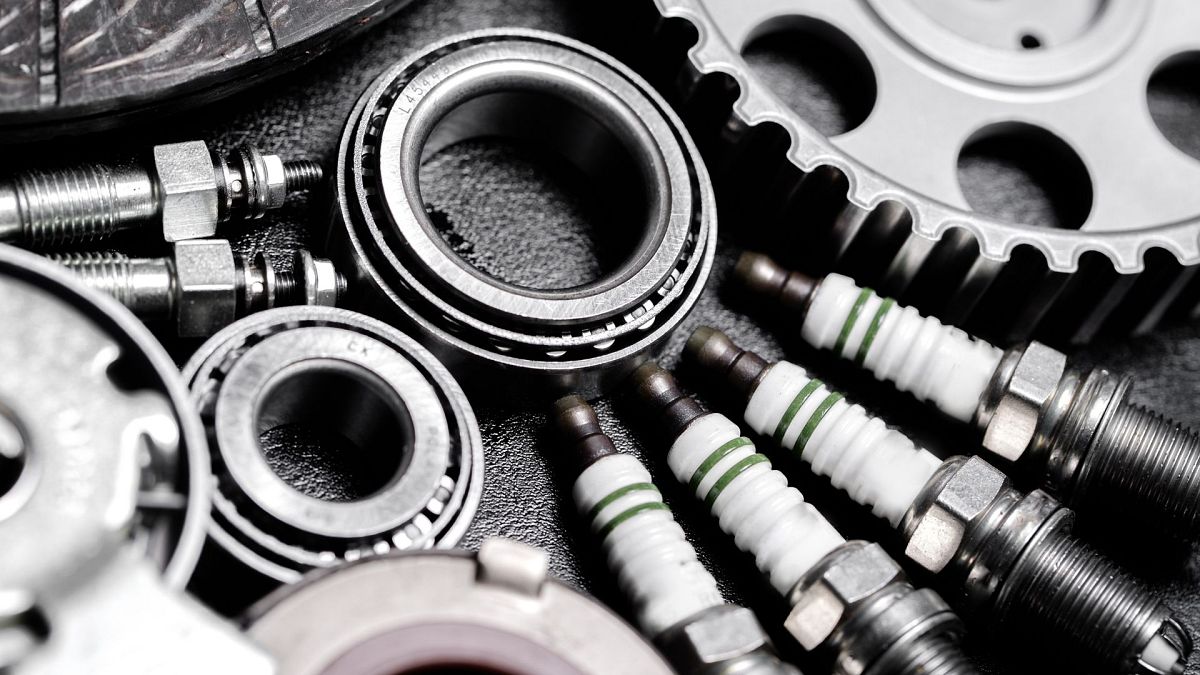Euronews spoke with Benjamin Krieger from the car industry group CLEPA, who shed light on the potential impact of Trump’s auto parts tariffs on the global car industry.
Cairo .. Muhamad Yehia
US president Donald Trump’s 25% tariff on foreign-made cars imported into the US was implemented on Thursday, with a 25% levy on imported auto parts due to come into effect from 3 May onwards.
This has dealt a severe blow to the worldwide car industry, with potential decreases in investment, and job losses and plant closures looming.
Euronews spoke to the Secretary General of the European Association of Automotive Suppliers (CLEPA) , Benjamin Krieger, about what impact these tariffs could have on the global auto supply industry. CLEPA acts as a link between the policy sphere in Europe and the automotive supply industry.
US tariffs could impact auto supply investments
Krieger highlighted that these tariffs have the potential to significantly increase the cost of production for auto supply companies. This is particularly since the industry is very globally integrated, with European auto supply companies often having investments in manufacturing facilities in the US, Europe, Canada, Mexico and
“Sometimes components cross multiple borders. If we introduce a tariff between where the vehicle is manufactured and where the inputs come from, that increases the cost and often, it’s the automotive suppliers that have to absorb this cost,” he said.
These extra costs could also have a severe impact on investments in the industry, while also causing layoffs down the line.
“Increased cost for production certainly will have a consequence for investments in the industry and in the long run also on plants and employment. We are already an industry with very small, very slim profit margins. This additional negative impact will lead to further cost pressure, will lead to closure of factories, will lead to loss of employment, certainly,” Krieger warned.
The automotive supply industry could now have some hard decisions to make.
“For suppliers, we either have to relocate production and abandon investments potentially that have been made in the past years, that we absorb cost or that we lose market share. So there is no good solution right now from our perspective,” Krieger said.
The introduction of these tariffs also threatens the success of the auto supply industry so far, according to Krieger.
“There’s a real risk that we are going to lose what we have built in the last decades,” he added
?How should the EU react to these new tariffs
Regarding how the EU should react to these tariffs, Krieger said that it was essential for the bloc to provide some clarity on how to proceed.
“We need to better understand what the way forward looks like. We need clarity on tariffs that will be applied, what these mean for our trade relationships, and then we can also better quantify what the problem is, and what the impact will be on different European countries.”
However, Krieger also emphasised the importance of improving the European auto supply industry’s competitiveness within Europe, in terms of manufacturing, employment and innovation.
Within the EU, countries like Germany that have a thriving auto industry could be hit harder by US tariffs than other member states, subsequently pushing them to seek buyers in other markets.
“I would hope for a measured response from the European Union, that we show unity in that situation, that we try to come to agreements with the US, but at the same time that we are serious about our strategic independence,” Krieger said.
 موقع وجه أفريقيا موقع وجه أفريقيا هو موقع مهتم بمتابعة التطورات في القارة الأفريقية
موقع وجه أفريقيا موقع وجه أفريقيا هو موقع مهتم بمتابعة التطورات في القارة الأفريقية



